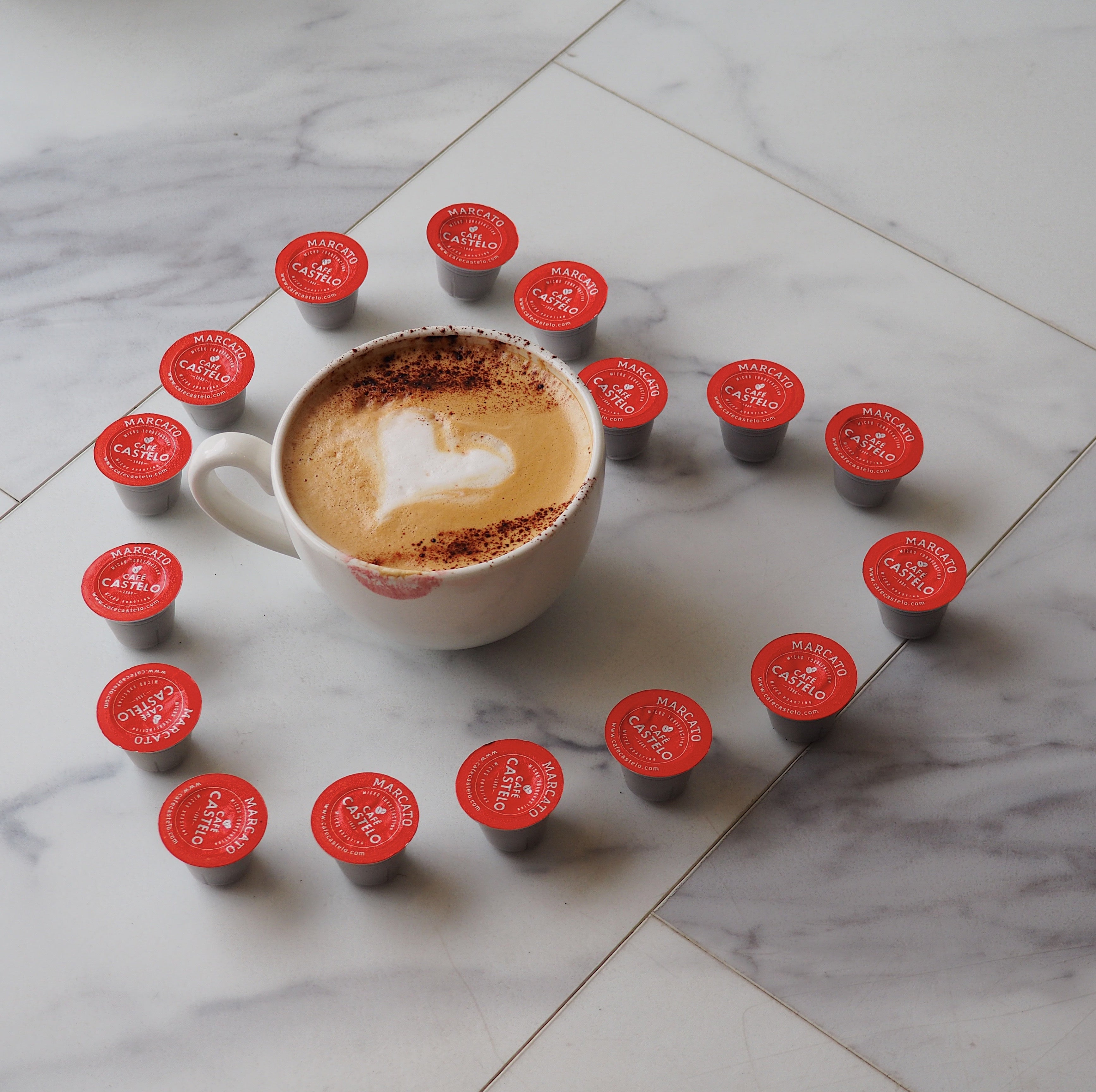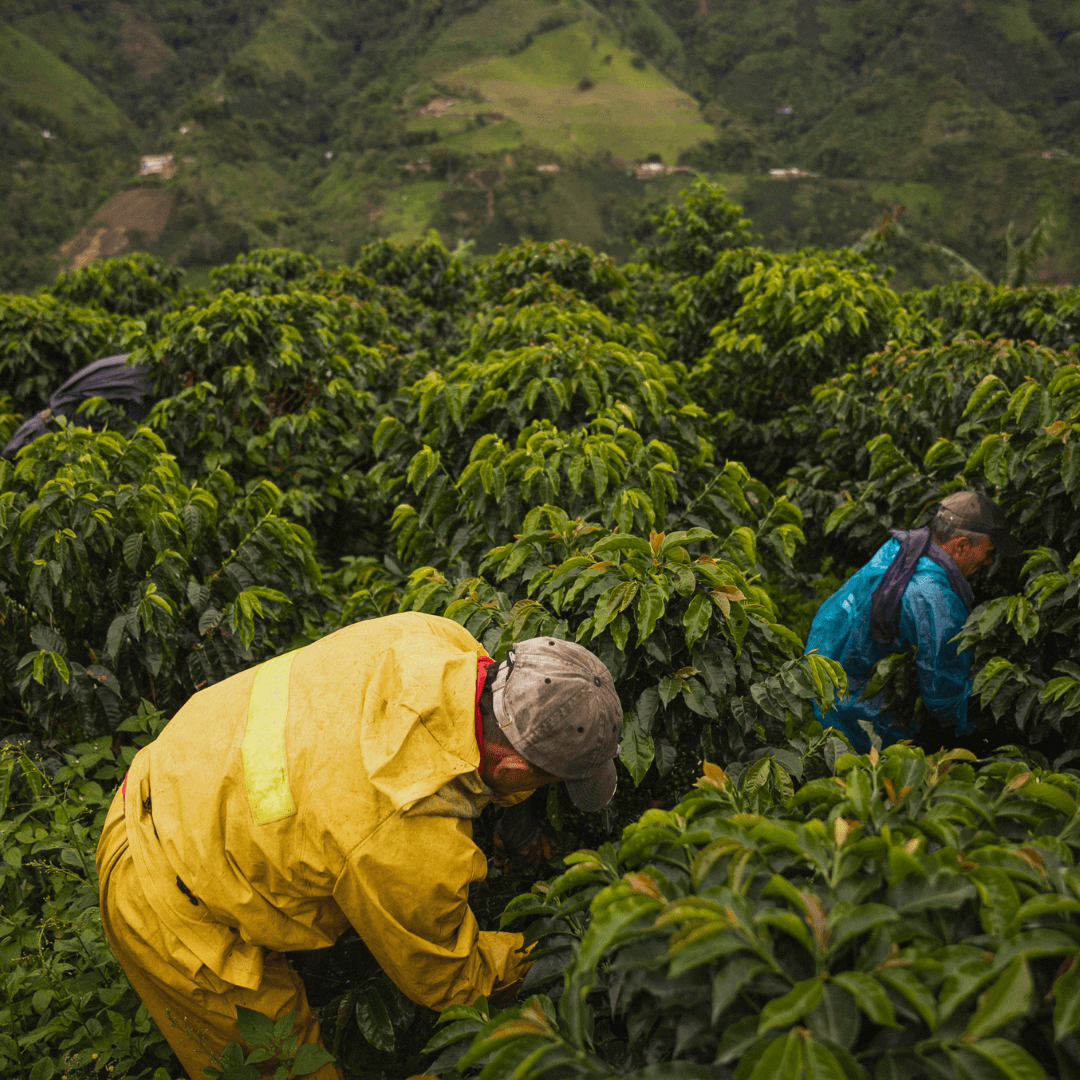
All you need to know about caffeine: Café Castelo's barista guide
At Café Castelo, our passion for coffee goes beyond just roasting; we're committed to providing a deep understanding of every aspect of your cup of coffee. Today, we explore in detail caffeine, a key component that influences not only taste, but also the effect of your coffee on body and mind.
What is caffeine?
Caffeine is a natural compound found in many plants, notably Arabica and Robusta coffee beans. This stimulant can improve alertness and concentration, making coffee a preferred beverage to start the day.
Caffeine: Arabica vs. Robusta
Caffeine content varies significantly between the two main coffee varieties:
- Arabica: Arabica beans generally contain between 0.8% and 1.8% caffeine by dry weight.
- Robusta: Robusta beans can contain up to 2.2% to 2.7% caffeine, almost double the content of Arabica beans.
This difference explains why Robusta often has a stronger, more bitter taste, a characteristic appreciated in some cultures but less so in others. At Café Castelo, we prefer Arabica for its richer, sweeter aromatic profile, ideal for those who appreciate a delicate yet stimulating coffee.
The impact of the brewing system on caffeine
The brewing method has a significant impact on the amount of caffeine extracted, and few people mention it, but it's a game-changer:
- Espresso: Although a single cup of espresso contains less caffeine by volume than a cup of filter coffee (around 30-50 mg per shot), the caffeine concentration is higher. To give a more concrete example, we could compare it to an alcohol "shooter".
- Filter coffee: A typical cup of filter coffee generally contains between 80 and 100 mg of caffeine, making this method ideal for prolonged release of the stimulating effect.
- Mild methods: Methods such as French Press or Aeropress can also vary in caffeine content, often influenced by brewing time and water temperature. The longer you brew, the higher your caffeine level.
Clarification on intensity and caffeine
It's important to note that the intensity of a coffee's taste is not directly linked to its caffeine content, quite the contrary when it comes to Arabica coffee. A coffee can have a very full-bodied aromatic profile without being more caffeinated. The perception of a "strong" coffee is often more a question of roasting and preparation choices than of the actual amount of caffeine.
Caffeine is a fascinating part of the coffee experience. By choosing premium Arabica beans from Café Castelo, you not only enjoy a cup of coffee with a moderate caffeine content, but also an exceptional aromatic profile. Whether you prefer your coffee strong in the morning or mild in the afternoon, understanding caffeine will help you get more out of every sip.


1 comment
I've just received my coffee. I'm thrilled with the taste. I couldn't resist drinking a cup on the spot! Delicious!
Henriette Caza
Leave a comment
This site is protected by hCaptcha, and hCaptcha's Privacy Policy and Terms of Service apply.